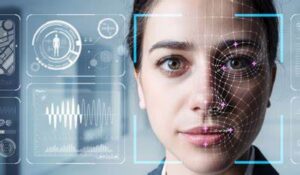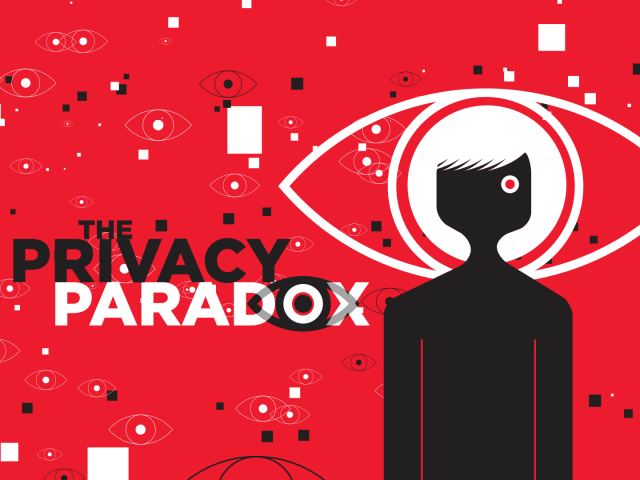Franklin, Tennessee, a city known for its rich historical tapestry and vibrant community, stands at a unique crossroads where the age-old principles of monotheism intersect with the rapidly evolving world of politics and technology. This intersection raises profound ethical questions, particularly in how technology is shaping our political and spiritual lives.
 The Influence of Monotheism in Franklin’s Political Landscape
The Influence of Monotheism in Franklin’s Political Landscape
Franklin’s deep-rooted monotheistic values, predominantly Christian, have long influenced its political discourse. These values provide a moral compass guiding decisions on community welfare, education, and governance. This influence can be seen in various aspects of Franklin’s community life, echoing the ethos of local businesses and educational institutions. For more insights into how these values impact the community. The challenge lies in balancing these religious principles with the pluralistic nature of modern society, which is crucial in fostering an inclusive community where diverse viewpoints are respected.
Ethics of Technology: A New Frontier for Moral Discourse
The advent of new technologies, from AI to social media, has revolutionized how Franklin’s residents interact, work, and even practice their faith. While these technologies offer unprecedented opportunities for growth and connection, they also pose ethical dilemmas. For instance, the use of data mining in politics can conflict with the monotheistic ethic of individual dignity. Similarly, AI advancements raise questions about job displacement and the ethical use of such technology in a community that values hard work and integrity.
 The Role of Churches and Faith-Based Organizations
The Role of Churches and Faith-Based Organizations
Churches and faith-based organizations in Franklin, TN play a pivotal role in navigating these ethical waters. By engaging in dialogues around the ethical use of technology, these institutions can help bridge the gap between traditional values and modern realities. Educational programs focusing on digital literacy, ethical tech usage, and the implications of technology on social justice issues could be vital.
Political Leadership and Policy Making
Franklin’s political leaders are tasked with integrating these ethical considerations into policy-making. This involves creating regulations that protect privacy, promote fair use of technology, and ensure that technological advancements benefit the entire community. Policies that encourage ethical business practices in the tech industry, while supporting innovation, can serve as a model for other cities grappling with similar issues.
 Community Engagement: A Path Forward
Community Engagement: A Path Forward
The path forward for Franklin involves active community engagement. Town hall meetings, forums, and workshops can provide platforms for residents to voice their concerns and contribute to the development of ethical guidelines for technology use. Collaborations between tech companies, religious institutions, and civic organizations can foster a community that both embraces innovation and stays true to its monotheistic values.
Conclusion: Embracing Change While Staying True to Core Values
In conclusion, Franklin, Tennessee, is navigating a complex but enriching journey. By intertwining the ethical teachings of monotheism with the challenges and opportunities of modern technology and politics, Franklin can emerge as a beacon of how communities can respect tradition while embracing the future. This delicate balance is not just the task of political and religious leaders but of every resident who calls this historic city home.


 The Ethical Landscape of Technology in Aurora
The Ethical Landscape of Technology in Aurora Case Study: Aurora’s Approach to AI and Employment
Case Study: Aurora’s Approach to AI and Employment Challenges and Opportunities
Challenges and Opportunities
 Embracing Technological Advancements with Ethical Responsibility
Embracing Technological Advancements with Ethical Responsibility Political Dynamics and Policy-Making
Political Dynamics and Policy-Making

 Cybersecurity, the protection of digital systems and sensitive data, is an essential pillar in our interconnected world. However, the methods and practices employed in cybersecurity also raise important ethical questions that touch on issues of privacy, surveillance, and the balance between safeguarding systems and respecting individual rights.
Cybersecurity, the protection of digital systems and sensitive data, is an essential pillar in our interconnected world. However, the methods and practices employed in cybersecurity also raise important ethical questions that touch on issues of privacy, surveillance, and the balance between safeguarding systems and respecting individual rights. Protection vs. Surveillance
Protection vs. Surveillance Data Privacy and Consent
Data Privacy and Consent
 In an increasingly connected world, the concept of data privacy has become a central concern. The digital age offers unprecedented opportunities for technological innovation, but it also raises profound questions about the delicate balance between these advancements and the protection of individual privacy rights.
In an increasingly connected world, the concept of data privacy has become a central concern. The digital age offers unprecedented opportunities for technological innovation, but it also raises profound questions about the delicate balance between these advancements and the protection of individual privacy rights. The Power of Data
The Power of Data The Privacy Paradox
The Privacy Paradox